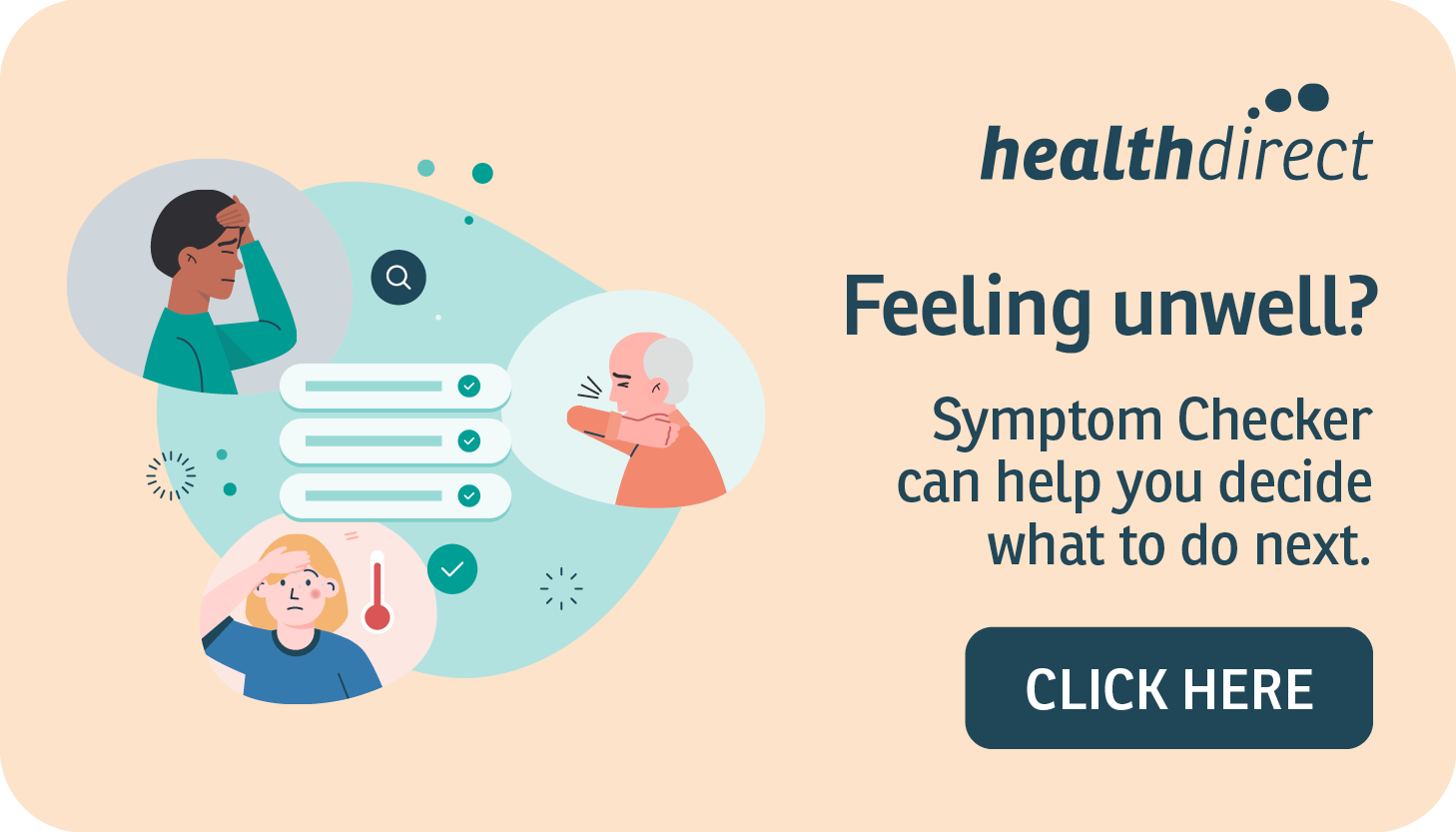
LGBTQIA+ families
The composition of each family unit and the varied pathways to parenthood reflect the diversity of family life across Australia. In supporting the mental health and wellbeing of all parents, acknowledging this diversity is essential to ensuring the availability of inclusive, accessible and culturally sensitive health services.
LGBTQI+ parents are challenged with navigating the physical, emotional, medical, financial and social challenges of conception, pregnancy and rainbow parenting, and a medical system that is largely geared towards heterosexual couples and cisgender women. While perinatal mental health disorders do not discriminate, some research suggests that these factors may contribute to LGBTQIA+ parents experiencing higher rates of PNDA.
The increased risk of PNDA for LGBTQIA+ parents
Factors involved:
- Discrimination associated with methods of conception and questioning of parenting roles
- Stigma and anxiety about their child facing the same discrimination they have faced, including bullying or harassment
- Difficulties conceiving via assisted conception, surrogacy or donor arrangements
- Financial costs associated with conception and pregnancy
- A lack of support from work or family
- Delays and disappointments in conceiving, and other issues relating to loss during the conception process
- Isolation from social groups in their existing community, or new parenting groups
- Lack of acceptance in their families, cultural or religious communities
- A history of untreated trauma or other mental health issues
Support for LGBTQIA+ parents and rainbow families
LGBTQIA+ parents need to be supported by health practitioners who recognise and accept their choices and decisions, understand the makeup of their whole family unit, and use the individual’s preferred pronouns and desired parenting terminology.
Understandably, sometimes LGBTQIA+ families feel more comfortable with services that specifically support their communities, or with practitioners who themselves identify as being from that community. Rainbow Families groups across Australia provide social and peer support for LGBTQIA+ families. The national government-funded service QLife can also provide state-based resources and referrals at qlife.org.au or via their helpline on 1800 184 527 (3pm – midnight, 7 days).
References
Pepping & Halford. Relationship education and therapy for same-sex couples. 2014.
Inclusive Practice Matters: Communities of Practice Responding to the Challenges of Covid-19. Jones & Carman. 2020.


.jpg)
.jpg)

.png)

